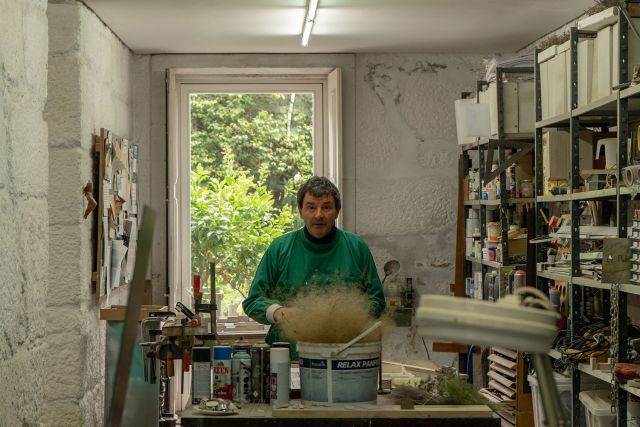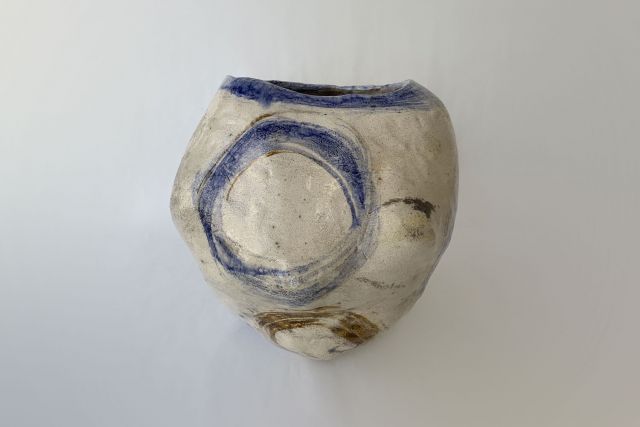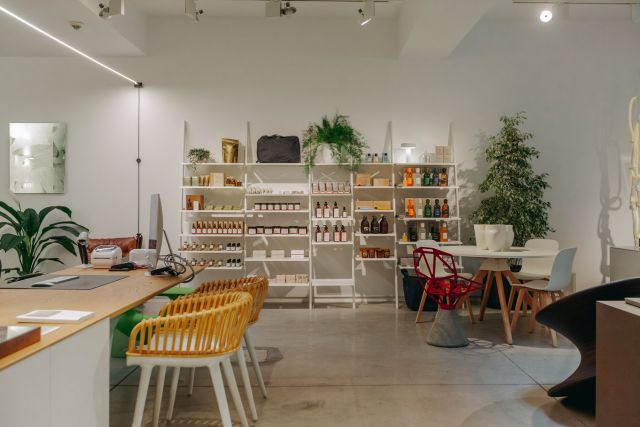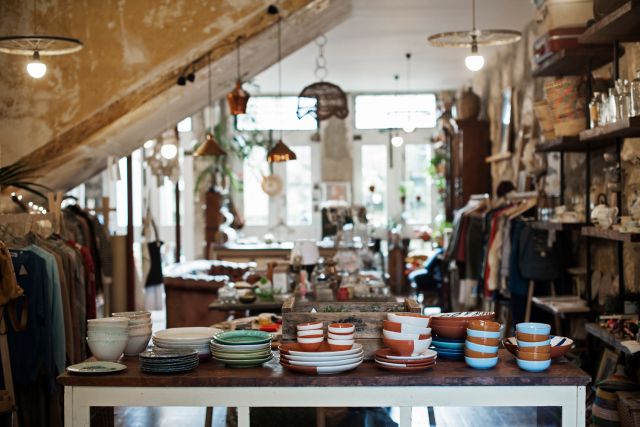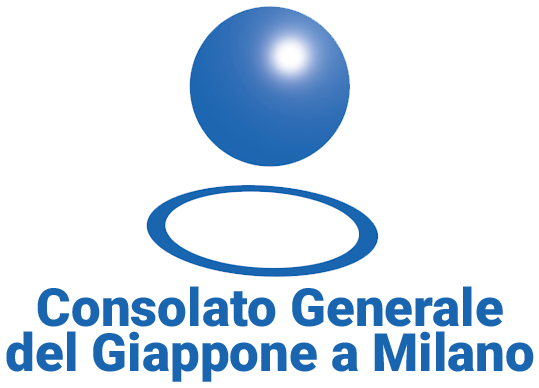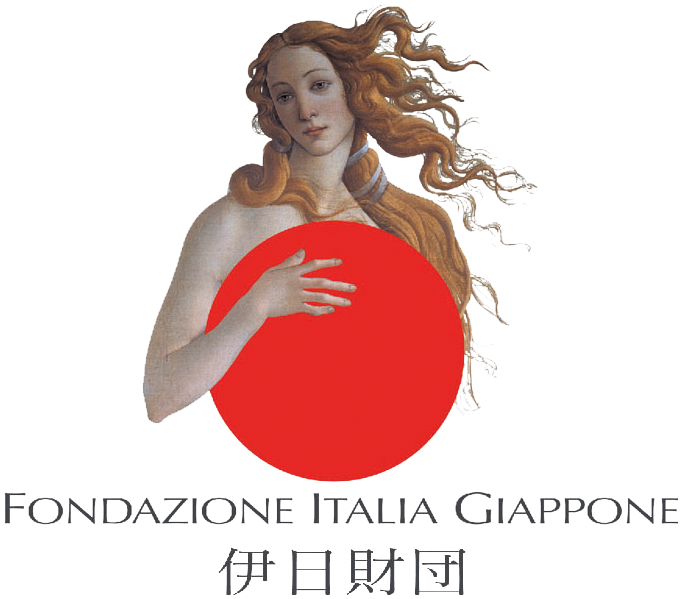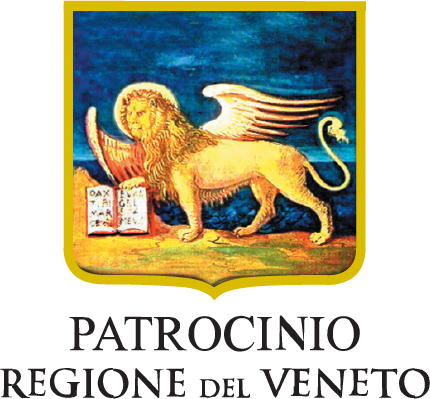
Christian Haas
- Designer
- Ambassador for Porto, Portugal
The elegance of simplicity
Born in Germany but now living and working in Porto, Portugal, industrial designer Christian Haas established his studio in 2000. Since then he has created products across multiple disciplines from furniture and lighting to porcelain and glassware. His design approach merges simplicity and elegance and his aesthetics are driven by the harmony between sobriety, usefulness, emotional appeal, longevity and uniqueness. His studio works for international brands including Rosenthal, Karakter, Arita2016 and Tecta as well as for selected design galleries. Over the years, his work has been recognised with awards including the Red Dot Design Award and the Elle Decoration International Design Award. Notable works include the lighting installation Ropes, part of the Vitra Design Museum’s permanent collection; a furniture range for Japanese producer Karimoku New Standard; and some of the most successful tableware of the past ten years.
What does craftsmanship signify for you?Definitely an expertise in one or various techniques and a vast knowledge and emotional connection towards the material of choice. An artisan uses these outstanding skills to create with his own hands products of use, adapted to his cultural context and the needs of the people.
Do you work with craftspeople?Since I moved to Portugal six years ago, the studio has been collaborating more and more with artisans in various fields and NGO organisations. I like the hands-on feeling of these collaborative projects; we learn a lot. As a designer, the immediate output is pretty fulfilling, as well as the communal spirit.
Do you have any stories about the artisans you have selected?At Salone del Mobile, we collaborated with José Vieira, a tinsmith in the north of Portugal, a man with a strong and adorable personality. The process of the PLEAT tables was probably not the easiest, but it resulted in impeccable side tables that we are both proud of.
How would you define excellence?It is not just about precision, deep knowledge of the material and fulfilling the highest standards. Uniqueness, openmindedness and innovation are crucial to stand out from the masses and reach the level of excellence.




